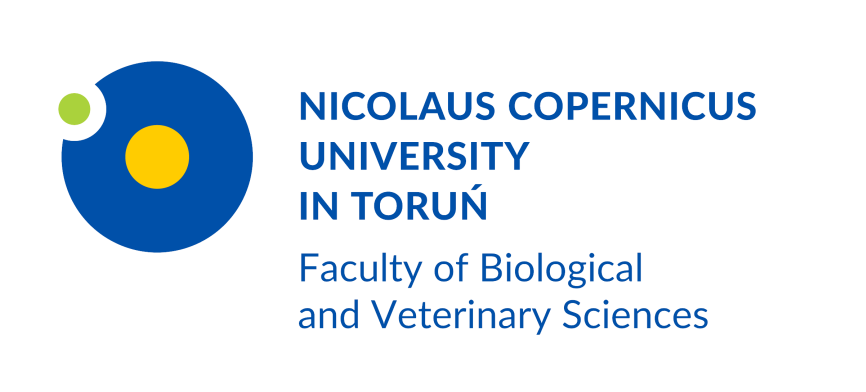Research
Research issues realized in the Department of Biochemistry concern ecto-enzymes involved in nucleotides- and phospholipids-mediated signaling, metabolism of signaling particles and enzymes involved in the metabolism of IAA conjugates.
Our experimental projects combine the basic and applicative research. Enzymatic proteins are isolated from tissues by biochemical methods as well as synthesized as recombinant proteins in heterologous systems: bacteria and yeast. We analyze the properties of proteins, including enzymes, immobilize them on different supports and determine their cytotoxicity and/or biological role in in vitro models.
Ecto-nucleotides mediated signaling (K. Roszek, J. Czarnecka, A. Hetmann, B. Szymczak)
Intracellular nucleotides and nucleosides are signaling molecules that participate in precise regulation of many physiological processes. They are involved in synaptic transmission, hemostatic regulation, inflammatory processes and immune response. At the cellular level, these molecules regulate proliferation, apoptosis, and cell differentiation by activating specific receptors. The concentration of ecto-nucleotides and ecto-nucleosides is regulated by the enzymatic activity of ecto-nucleotidases and ecto-kinases.
Our projects aim at recognizing mechanisms that control proliferation and/or differentiation of mesenchymal stem cells (MSC) under physiological and stress conditions, as well as at the development of biocatalytic systems for controlling in vitro nucleotide balance, e.g. in diseases and pathological processes.
Phospholipid metabolism (M. Ostrowski, D. Nemecz)
Phospholipids are one of the basic components of biological membranes. They are responsible for maintaining the stability, permeability and fluidity of the membranes and affecting the functions of membrane proteins involved in transport, metabolic processes, or response to stimuli. There are many enzymes engaged in maintaining membrane phospholipid homeostasis, both inside and outside the cell.
The secreted phospholipase A2 (sPLA2IIA) is a calcium-dependent enzyme that hydrolyzes glycerophospholipids, releasing fatty acid and lysophospholipid. This protein has also the ability to interact with specific receptors. Impaired expression of sPLA2IIA is associated with the pathology of many diseases accompanied by inflammation. The research aims at understanding the importance and mechanism of secretion of phospholipase A2IIA in the development and progression of cancer and neurodegenerative diseases.
Biosynthesis and physiological role of IAA conjugates (A. Jakubowska, M. Ostrowski, A. Ciarkowska)
IAA conjugates are considered biologically inactive forms of hormones, in which auxin is combined with other small or large molecules by covalent bonds. The formation of conjugates is one of the mechanisms regulating the level of free, biologically active auxin.
Our projects focus on studying enzymes involved in the synthesis and hydrolysis of IAA conjugates in different plants (seeds and seedlings of rice, maize and peas). Experiments aim at gene cloning, isolation and characterization of proteins (native and recombinant), analysis of gene expression changes, protein levels and catalytic activity under various normal and stress factors such as: light, high levels of auxin, other phytohormones, herbicides, drought, and heavy metal salts.

 ul. Lwowska 1, 87-100 Toruń
ul. Lwowska 1, 87-100 Toruń
